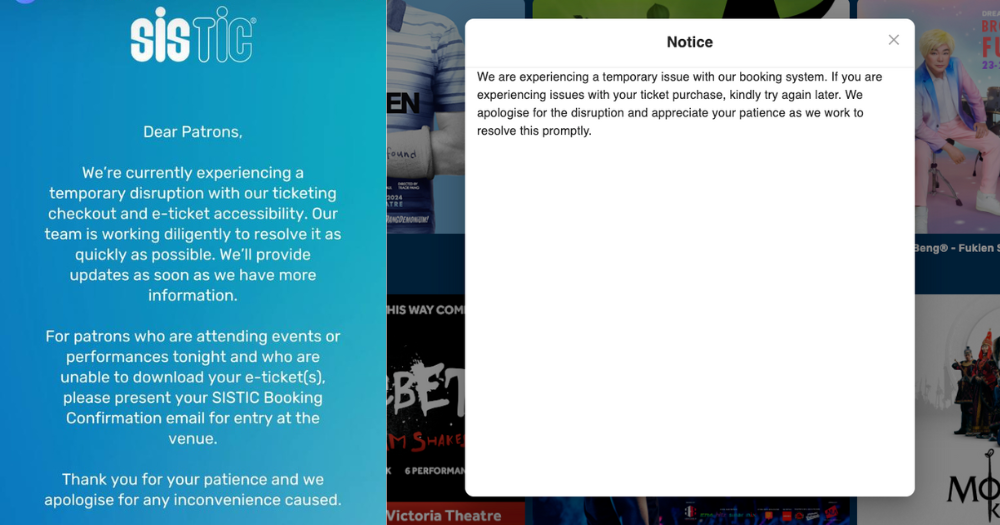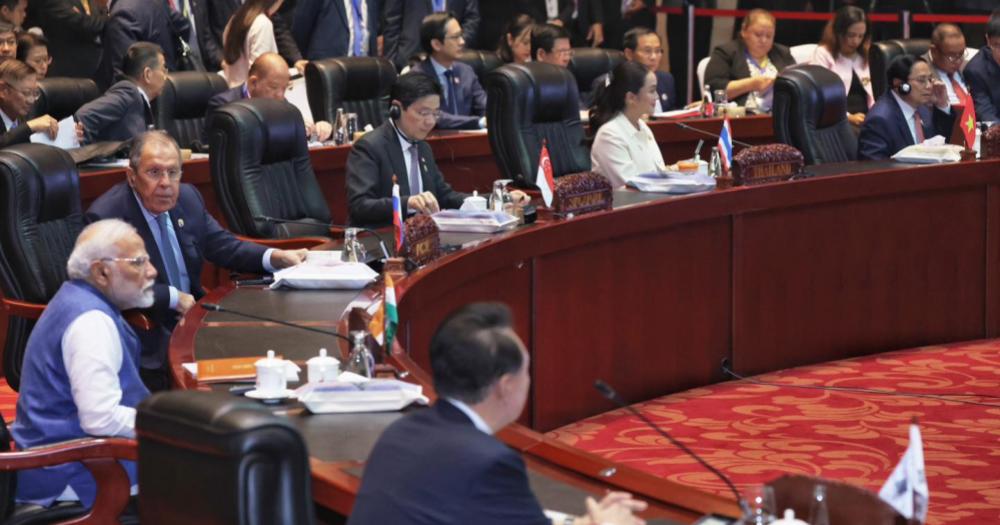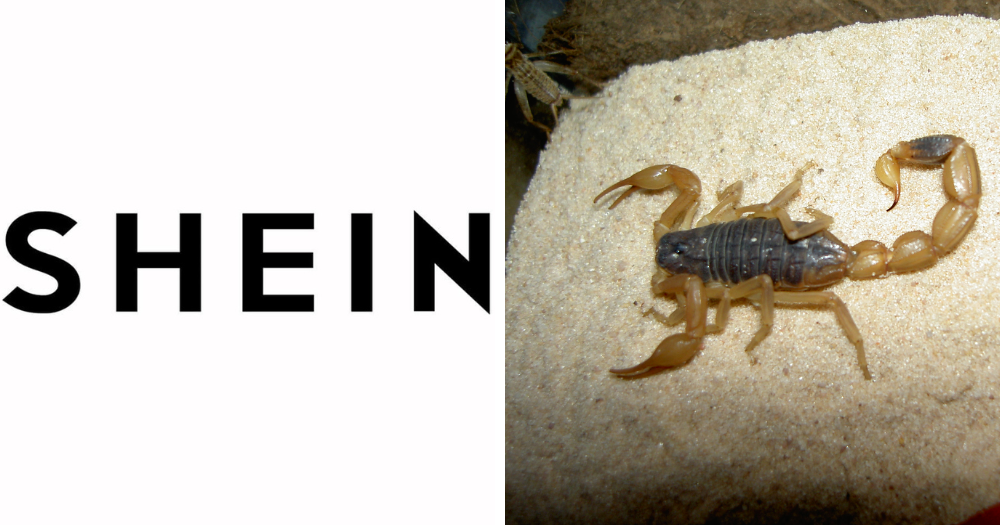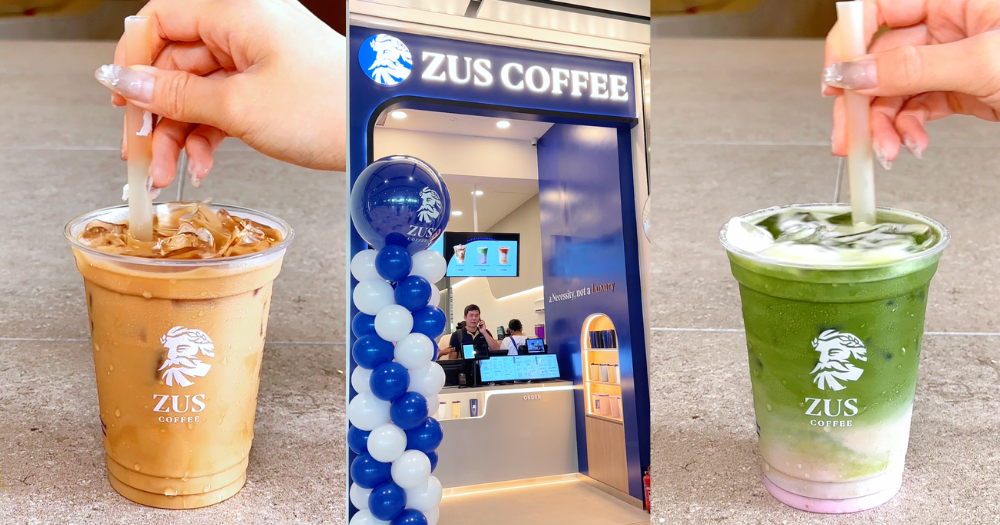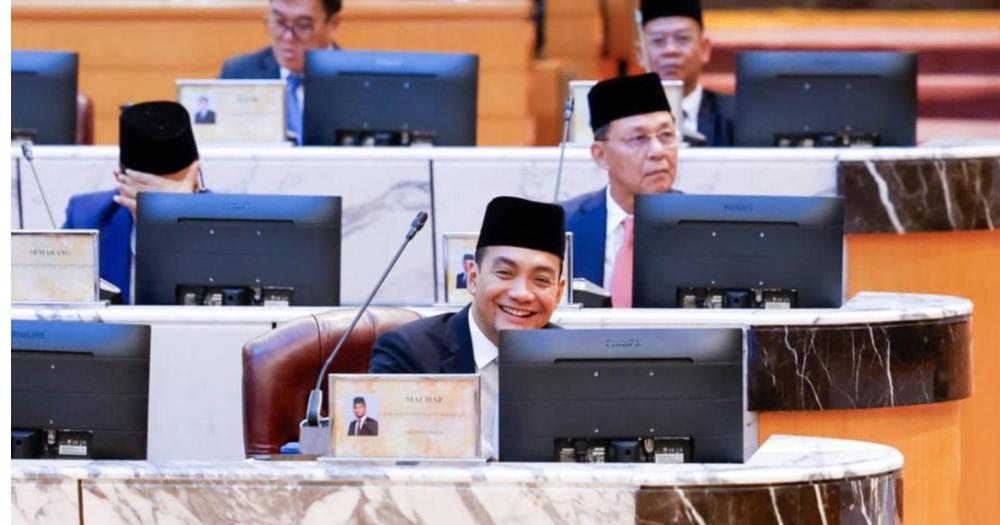Activist fails to insert POFMA correction order in posts on death row prisoners, Meta & X handed targeted correction direction
The activist will also be referred to the POFMA Office for investigations for her non-compliance, said MHA.

The Ministry of Home Affairs (MHA) has instructed the Protection from Online Falsehoods and Manipulation Act (POFMA) office to issue a targeted correction direction (TCD) to Meta Platforms, Inc. and X Corp.
The TCD will require the companies to alert users who have seen activist Kokila Annamalai's social media posts pertaining to the case of Mohammad Azwan bin Bohari on Oct. 2 and 3 that they "contain false statements".
Meta Platforms, Inc. and X Corp will also be required to provide users with a link to the Factually article in relation to the correction notice issued to Annamalai on Oct. 5 by Minister of Home Affairs K Shanmugam.
Azwan, a 48-year-old Singaporean, was executed on Oct. 4, 2024, after being convicted of possessing 26.5g of diamorphine, or pure heroin, for the purpose of trafficking in February 2019.
His appeal against his conviction and sentence was dismissed by the Court of Appeal on Oct. 24, 2019 and his petitions to the president for clemency were unsuccessful, according to the Central Narcotics Bureau (CNB).
Annamalai referred to POFMA office for investigations
In an Oct. 11 press release, MHA said its direction to the companies came after Annamalai failed to comply with the Oct. 5 correction notice, which required her to carry it on her relevant social media posts.
According to the ministry, she was handed the correction notice because her posts have falsely claimed that "the government schedules and stays executions arbitrarily and without regard for due legal process".
They also conveyed the false message that "the state does not bear the legal burden of proving a drug trafficking charge against the accused person".
For her non-compliance, Annamalai will be referred to the POFMA Office for investigations, said MHA.
Individuals convicted of failing to comply with correction directions without reasonable excuse could be fined up to S$20,000, jailed for up to 12 months, or both.
MHA's reply to Annamalai's posts
In response to Annamalai's posts, MHA said in an Oct. 5 statement that "an execution will only be scheduled when a prisoner has exhausted all rights of appeal and clemency process in relation to his or her conviction and sentence".
Before Azwan's conviction in 2019, he was sentenced to five years imprisonment and five strokes of the cane in 2009 for trafficking methamphetamine and diamorphine.
At the same time, Azwan was also convicted of consuming methamphetamine and morphine as well as possessing cannabis, cannabinol derivatives, and diamorphine.
After release from prison in 2014, Azwan was arrested for drug trafficking again in 2015 and underwent trial at the High Court for his new drug trafficking charge.
As Azwan possessed "almost two times the amount" of drugs that would attract the death penalty under the law, the court sentenced him to capital punishment after considering "the evidence adduced at trial" and arguments presented by the prosecution and his lawyers.
Appeals & applications for clemency denied
Since losing his appeal against his conviction and sentence by the Court of Appeal in 2019, Azwan has been a joint applicant with other prisons awaiting capital punishment (PACPs) in three legal proceedings, according to MHA.
However, all of these proceedings were dismissed by the High Court and/or the Court of Appeal "as they were found to be unmeritorious".
Separately, Azwan's applications for clemency were also denied by the president in March 2020 and June 2022.
Execution postponed after Azwan sought stay of execution
On Apr. 12, 2024, Azwan was informed that his execution had been scheduled on Apr. 19, said MHA.
On Apr. 16, Azwan filed a criminal motion to the Court of Appeal seeking a stay of execution, citing that he was involved in a pending court application.
The court allowed the motion and ordered a stay of execution pending the outside of the court application.
When the application was struck out by the High Court on May 20 and the subsequent appeal was dismissed on Sep. 9, Azwan was given notice on Sep. 30 that his execution was scheduled on Oct. 4.
Subsequent stay of execution application denied
On Oct. 1, Azwan filed another application for a stay of execution, according to MHA.
His reasons included that he had filed an application challenging the constitutionality of certain provisions introduced under the Post-appeal Application in Capital Cases Act, and the case was ongoing.
He also stated that he "intended to file a review application" against his conviction after the court ruled on the aforementioned case.
On Oct. 3, the Court of Appeal dismissed Azwan's application for a stay of execution, highlighting that "nothing had been raised which would call into question the correctness of the applicant's conviction and sentence".
Prosecution 'always bears legal burden of proving its case'
In the statement, MHA also said the prosecution "always bears the legal burden of proving its case against an accused beyond a reasonable doubt", a principle that applies to offences under the Misuse of Drugs Act (MDA).
Under MDA, anyone who is proven to have possessed specific amounts of controlled drugs "is presumed to have possessed those drugs for trafficking".
"Even where the prosecution relies on this presumption, it still bears the legal burden in proving the material elements of the charge," stated MHA.
Additionally, such presumptions can be "rebutted if the accused person is able to show, on a balance of probabilities, that he or she was not trafficking in drugs".
Prosecution 'proved its case beyond reasonable doubt' against Azwan
At Azwan's trial, the prosecution called witnesses to prove his trafficking charge and presented his statement to CNB officers in which "he admitted that all the drugs were meant for sale", said MHA.
However, the High Court found it to be in contradiction to Azwan's defence during his trial, namely that he would normally set aside half of the drugs he obtained for sale to sustain his drug habit.
The court also found his defence to be not "given sufficient detail" and "raised too belatedly to have any persuasive value".
"Ultimately, the High Court was 'satisfied that the prosecution had proved its case beyond a reasonable doubt against Azwan," added the ministry.
More information about MHA's response can be found here.
Related stories
Top images via Meta & X
MORE STORIES








